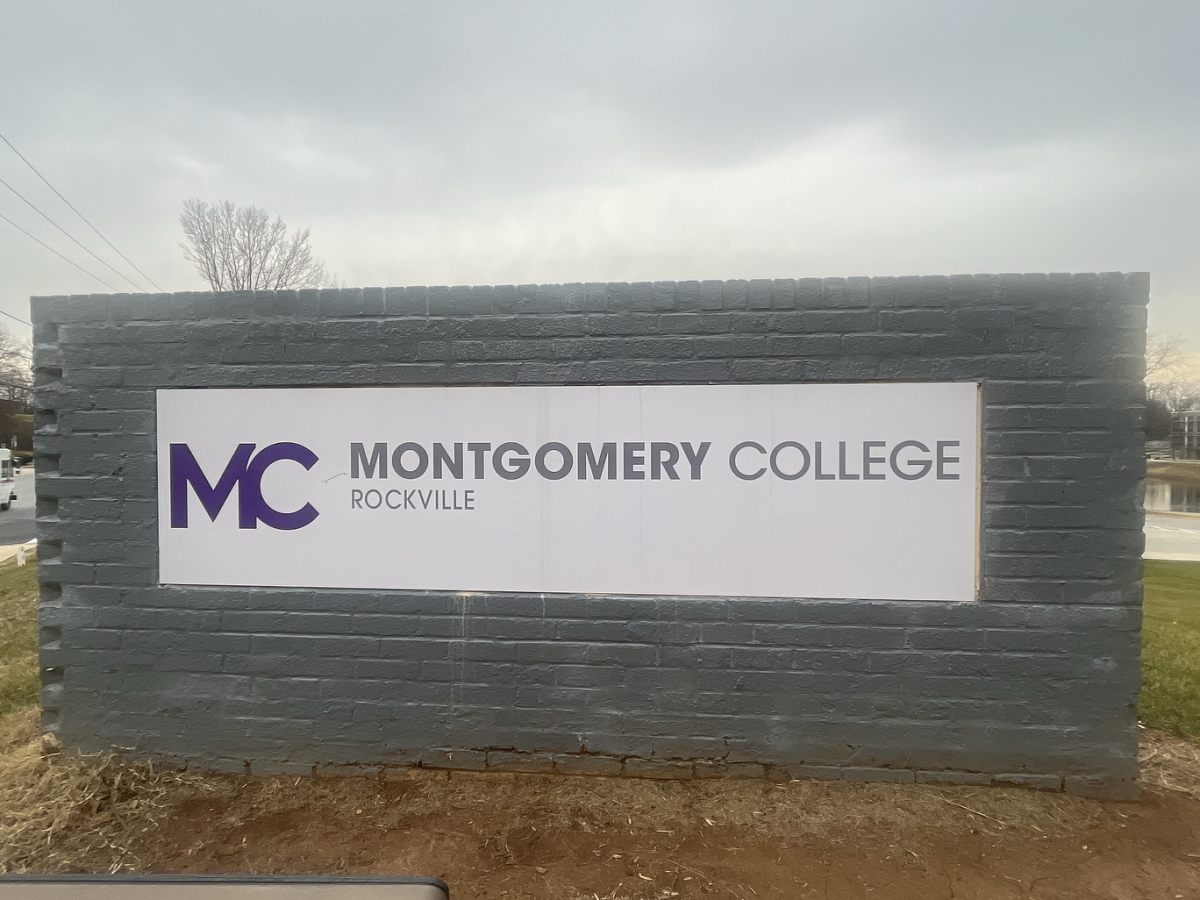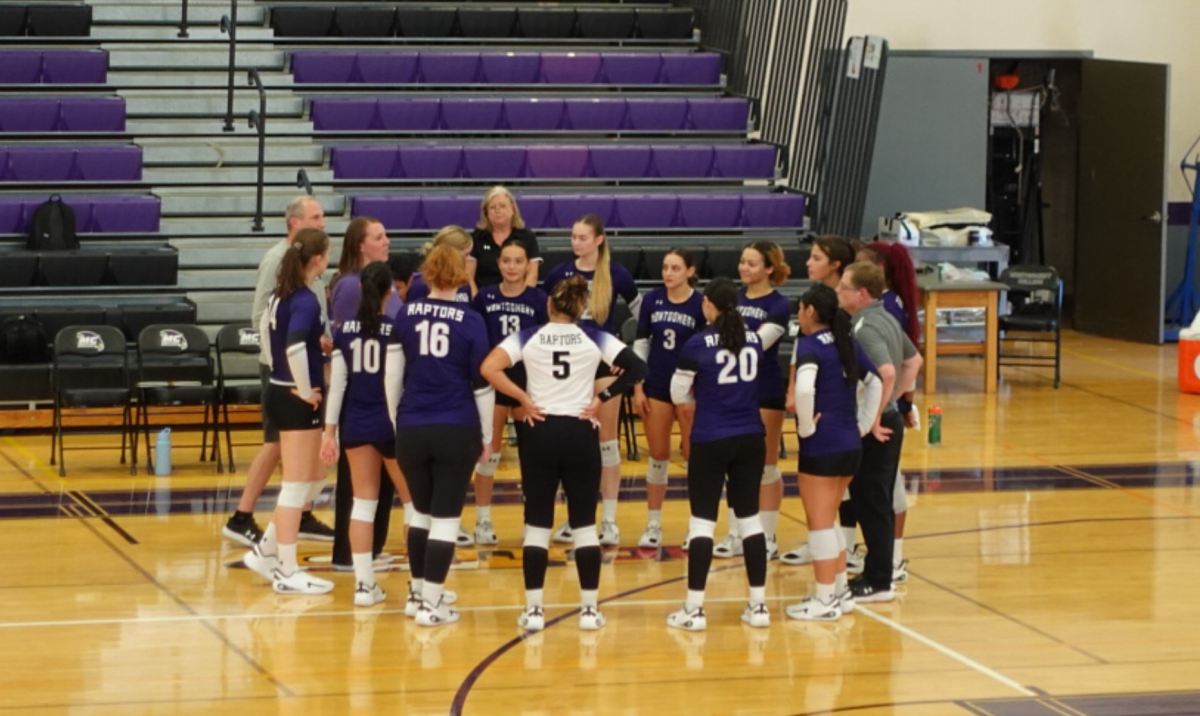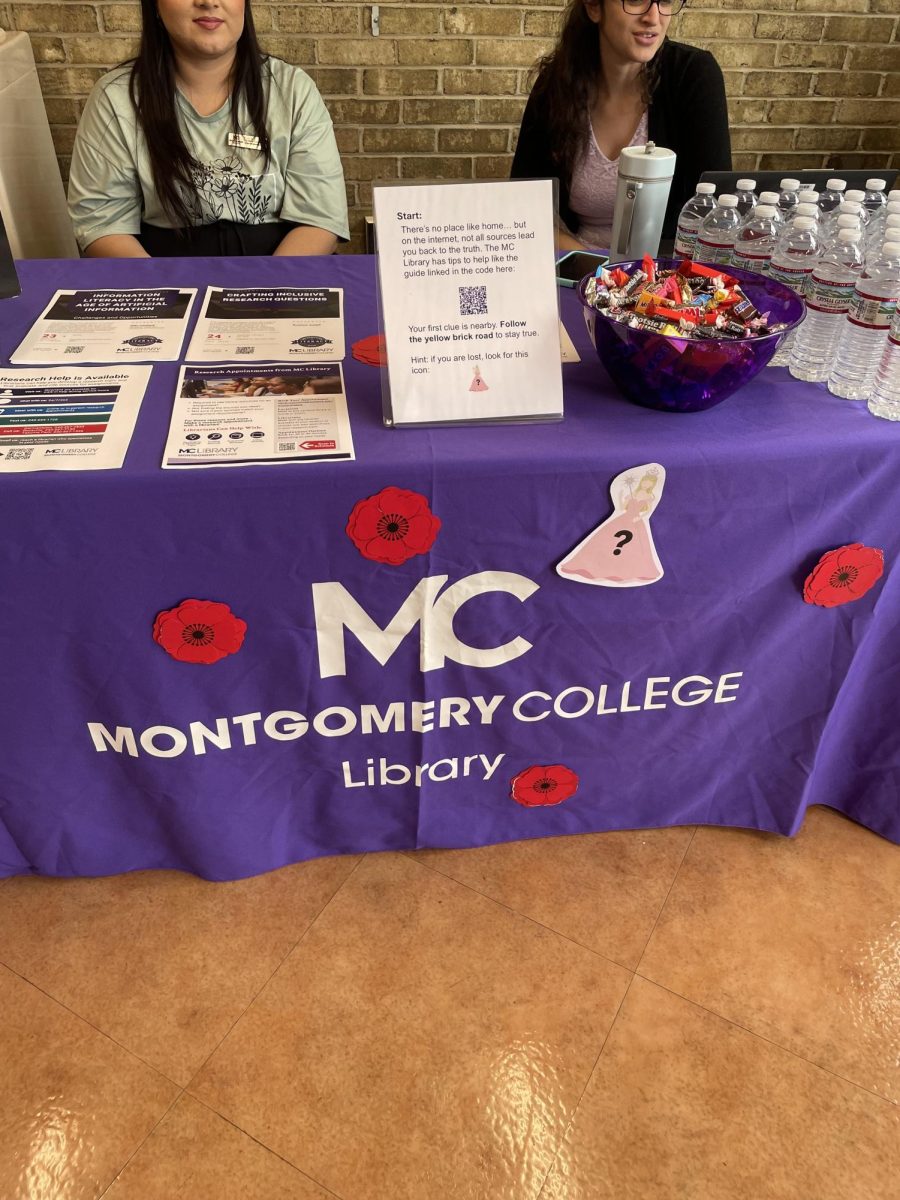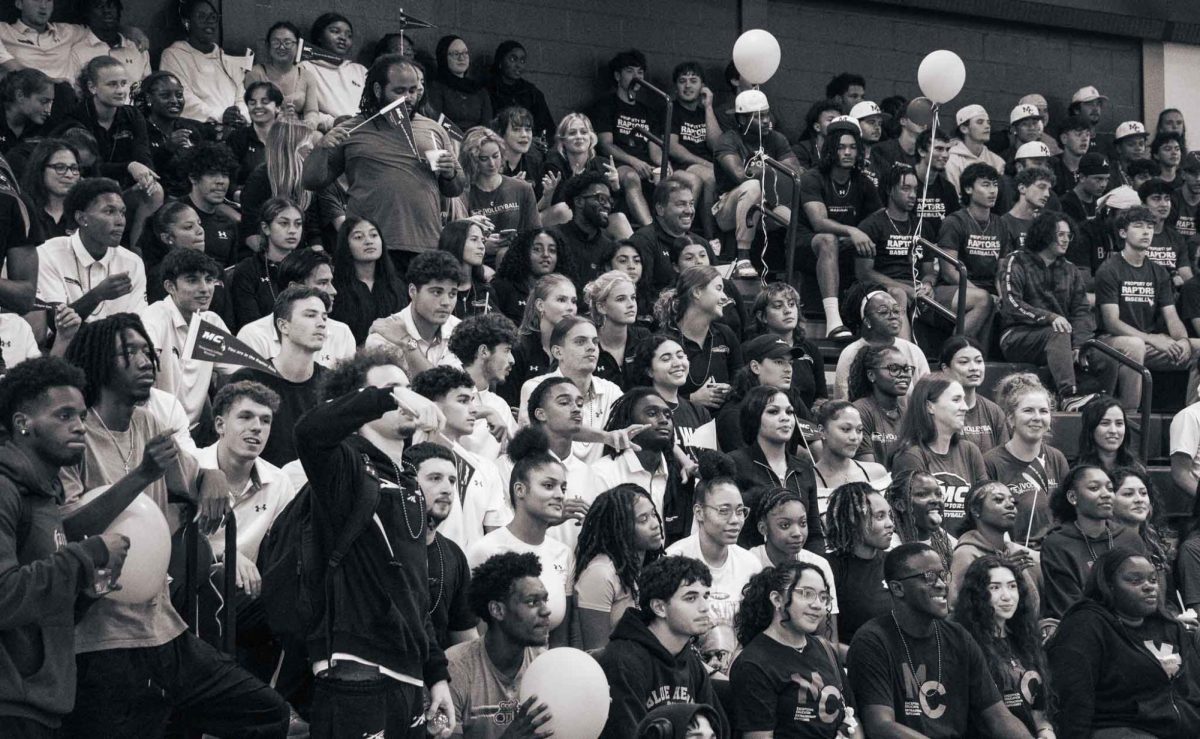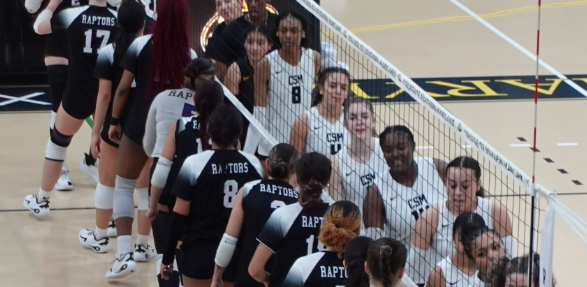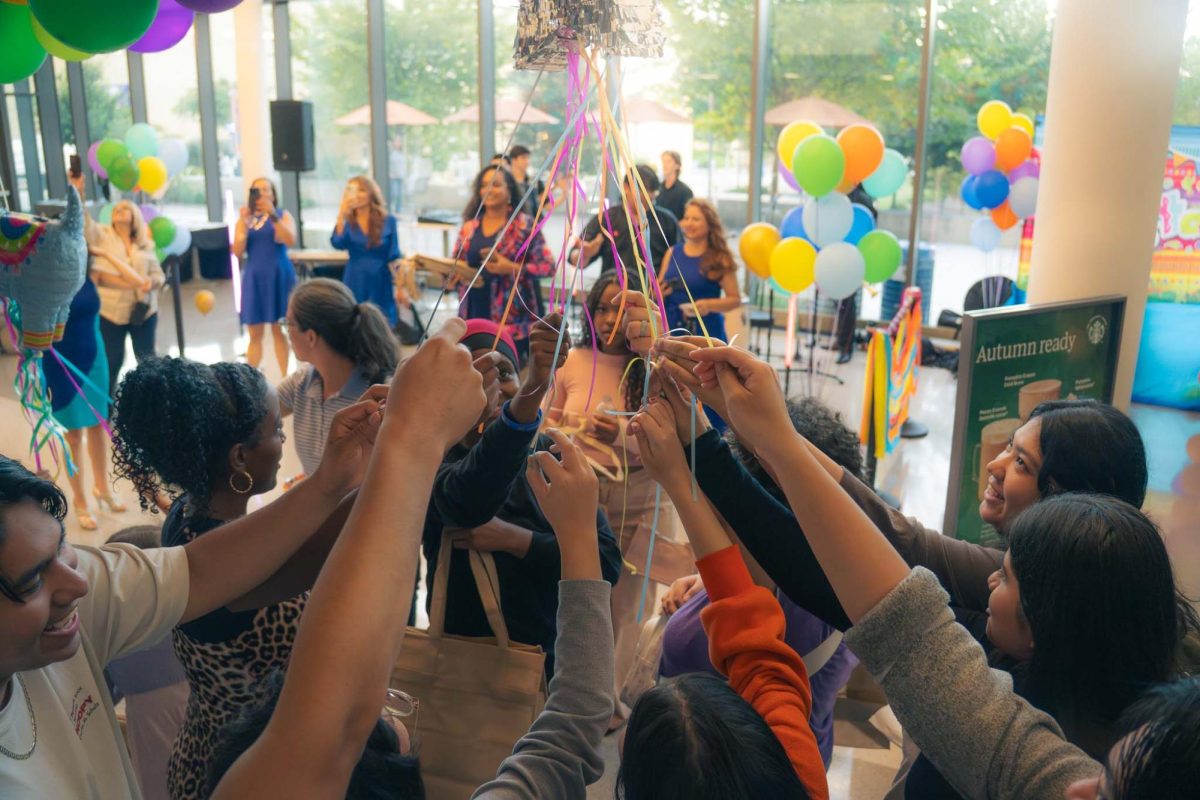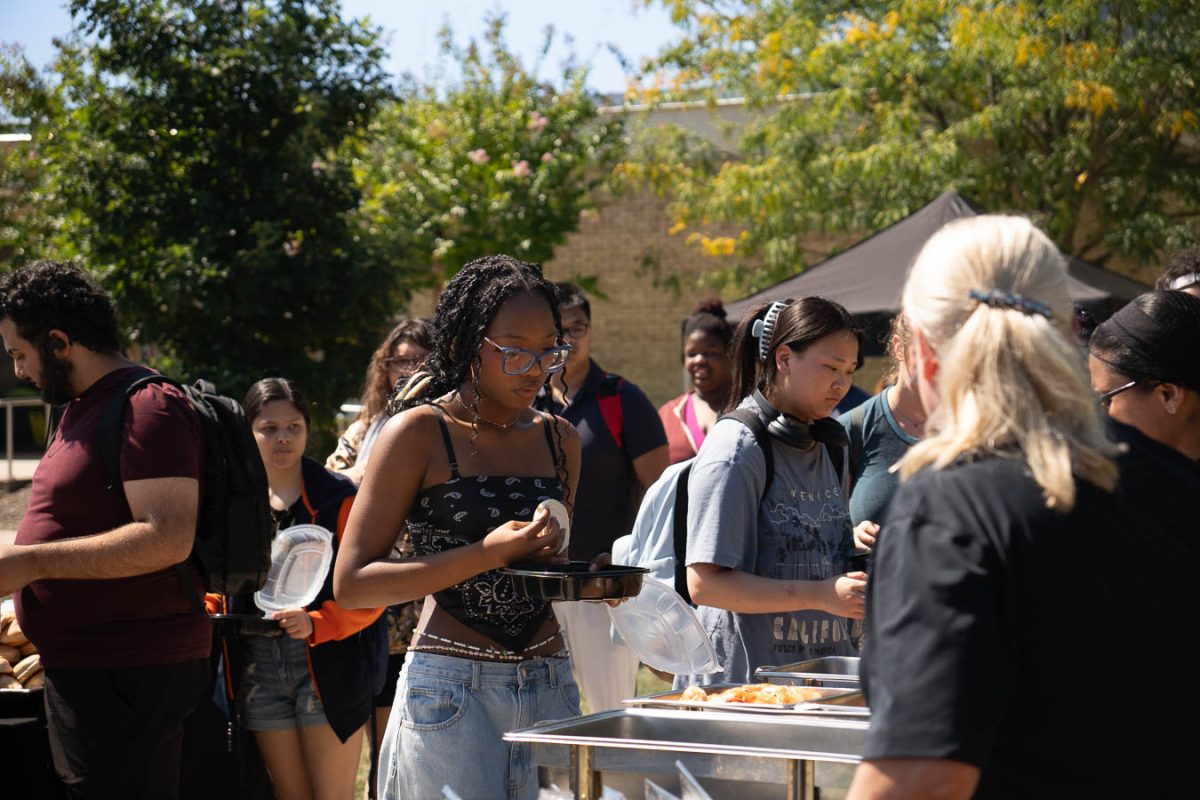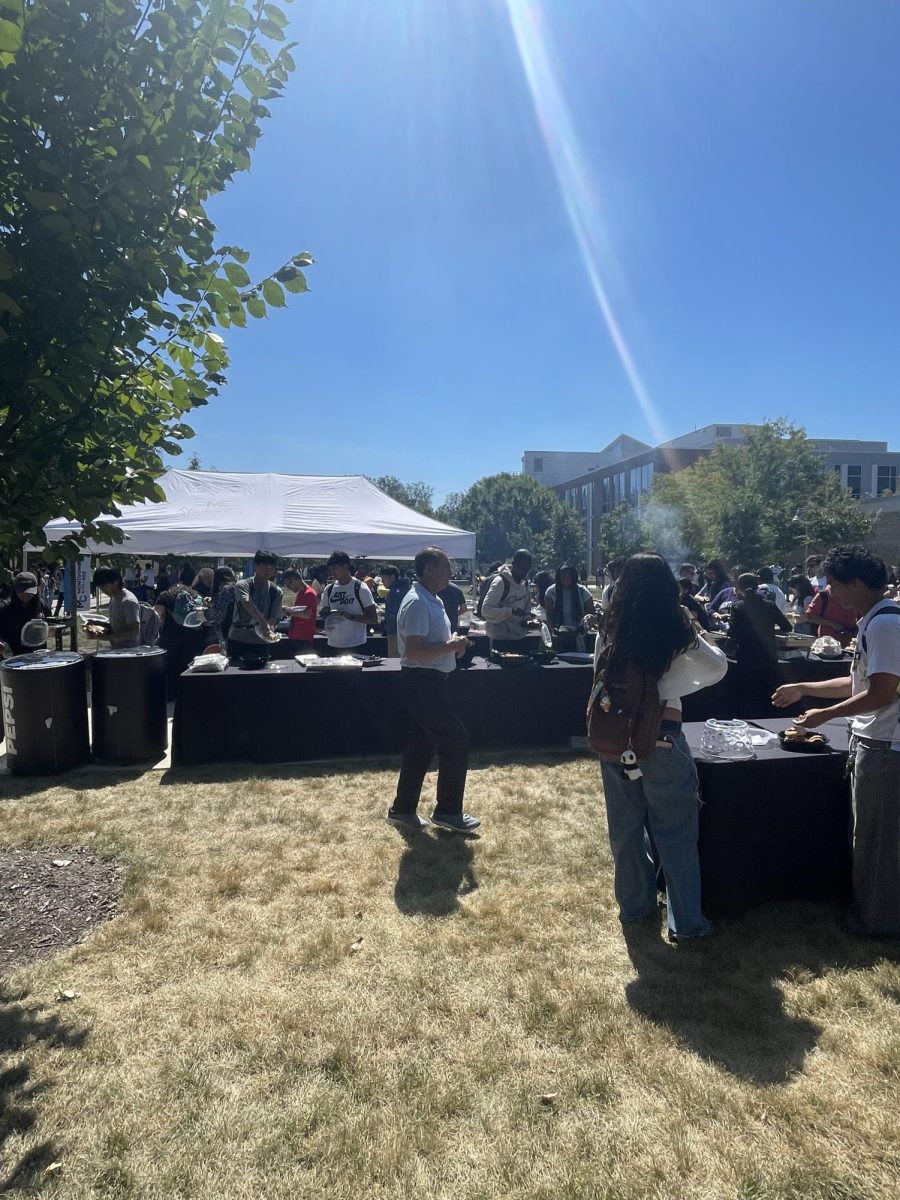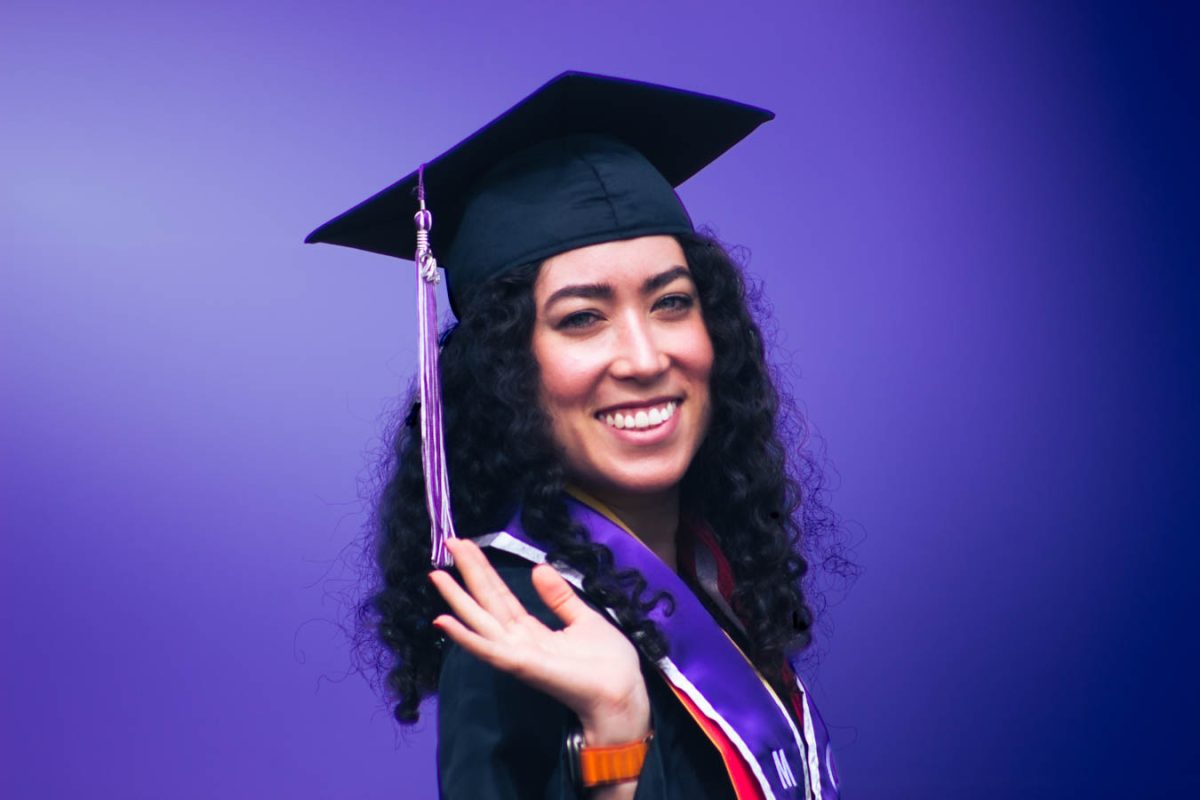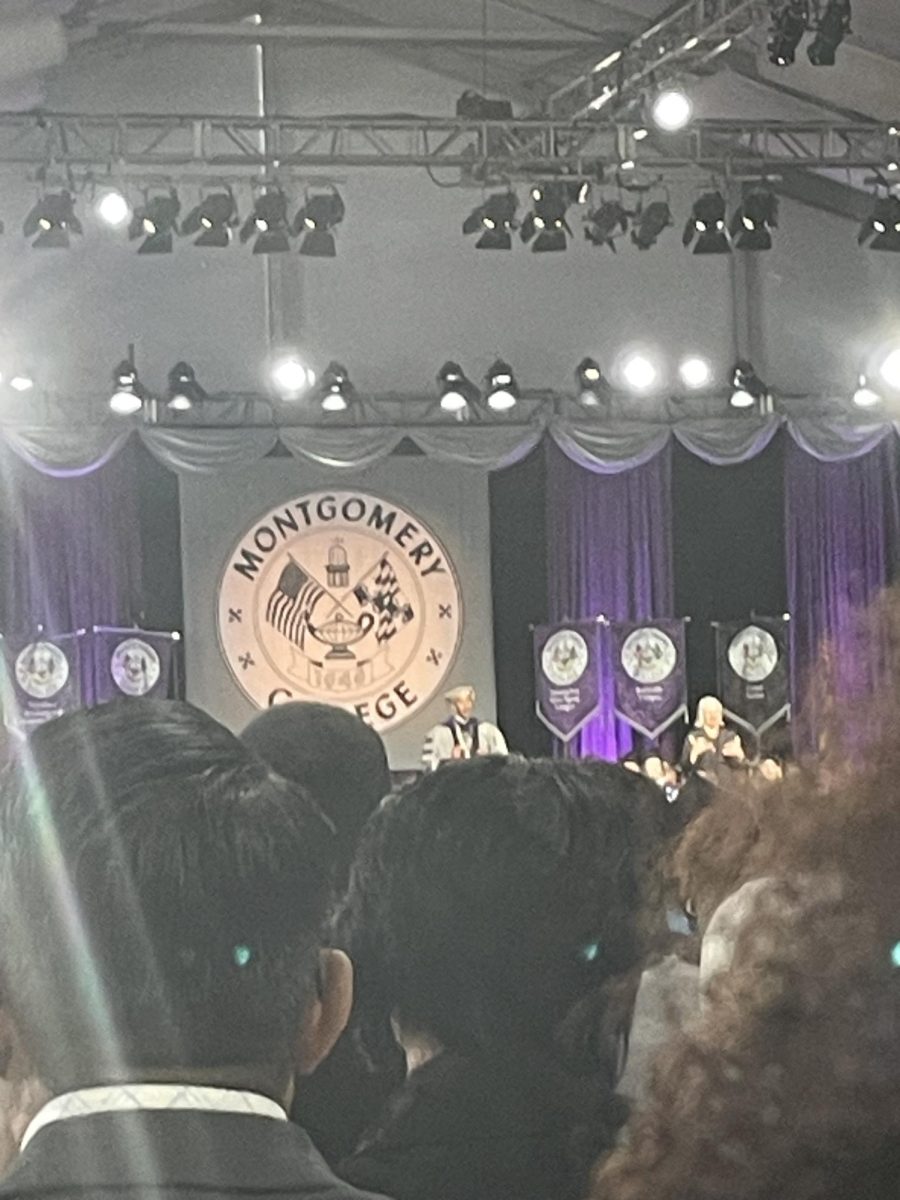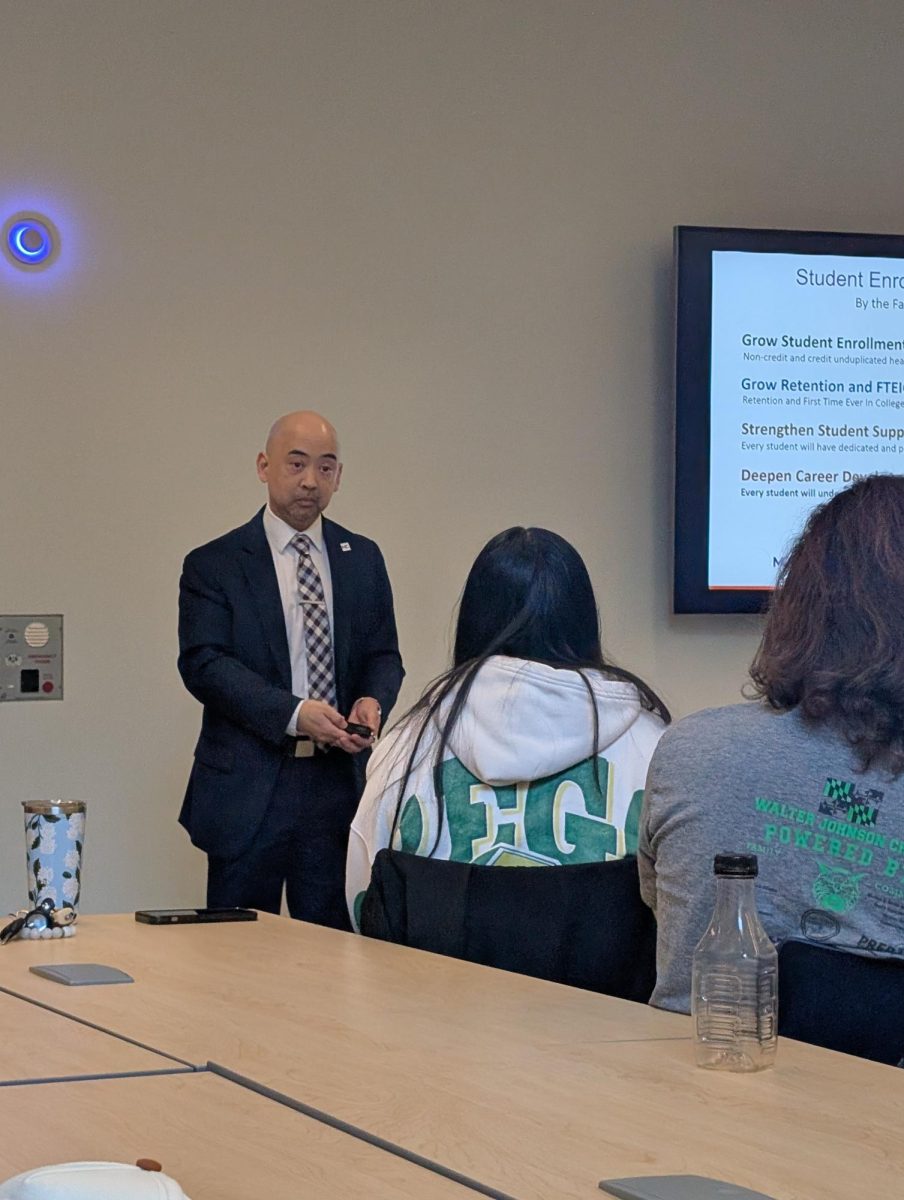Amid the unfolding events of the 2023 Israel-Hamas conflict, Montgomery College (MC) has become a pivotal hub of global engagement and understanding. Our academic sanctuary serves as a meeting ground for students from diverse cultural and religious backgrounds – including Muslim, Christian, and Jewish communities – who come together for a groundbreaking dialogue. This unique interaction reframes the distant conflict through a local and more relatable perspective.
In October, on the Montgomery College Germantown Campus, Christian students representing a range of denominations add a contemplative layer to these discussions. Their focus on humanitarian initiatives and interfaith unity highlights the importance of compassion and proactive involvement in the face of worldwide challenges.
The Rockville Campus Muslim Student Association (MSA) and Arab Society Club (ASC) bring powerful stories of displacement and resilience to the forefront. Their narratives, steeped in personal experiences, go beyond the headlines to foster a more profound, empathetic understanding of the conflict’s complexities.
Meanwhile, the Jewish Student Union (JSU), also based on the Rockville Campus, provides insight into their deep historical and emotional connections with Israel. They share their fears and aspirations, emphasizing the necessity of security and a peaceful resolution that brings stability to the region.
As the college community engages with the 2023 Israel-Hamas events, they uncover a broader narrative. This narrative situates the tensions within the intricate fabric of Middle Eastern politics. In their pursuit of clarity and peace, the students’ dialogues and reflections resonate with profound empathy for everyone impacted by the conflict, symbolizing a microcosm of hope and understanding in a world often divided by differences.
Christian Student Perspectives on the Conflict
At Montgomery College, the Christian student community, represented by the Christians on Campus Club, brings a unique perspective to the discussion of the Israel-Hamas conflict. This club, located only on the Germantown Campus, was founded to fill the gap in religious representation. It seeks to offer a Christian viewpoint on various global issues, including the complexities surrounding the Israel-Hamas conflict.
The club’s approach to understanding this conflict is rooted in a Biblical perspective. They emphasize the importance of not taking sides based on superficial judgments but instead encourage looking at the issue through a lens informed by the teachings of the Bible. As one officer put it, “According to the Bible, there is a place for everybody in the Christian religion. We try to make them understand this, but some are not in good disposition to have a serious conversation.” This approach is intended to foster understanding and compassion rather than division and hostility.

In response to the ongoing difficulties in regions like Ukraine, Russia, Israel, and Palestine, the Club organized an interfaith prayer session on October 23, 2023, that was open to students of all religious and cultural backgrounds on the campus. This gathering focused on praying for all nations experiencing hardships, particularly those affected by displacement, conflict, and captivity. The emphasis was on offering support and empathy for people across the globe, regardless of their nationality or religion. They also plan to organize external events such as workshops and prayer services to foster dialogue and share opinions on these global issues. These events aim to engage the broader campus community and provide a platform for diverse perspectives.
Muslim Student Organizations’ Views on the Conflict
At Montgomery College (MC), the Israel-Hamas conflict in 2023 is not just a distant geopolitical event, but a deeply personal and complex issue that resonates within the diverse student community. Students from the Arab Society Club (ASC) and the Muslim Student Association (MSA) engage in thoughtful discussions about this pressing global matter.
These students express what they consider concerns about the misrepresentation and demonization of the Palestinian people in the media, emphasizing a narrative that often portrays them negatively and denies them their rights. As one officer from the Muslim Student Association (MSA) put it: “I think there is a very big demonization of the Palestinian people, and propaganda is being spread with a rigorous agenda to make the Palestinian people look as if they are terrorists specifically and refuse them the right to their homeland.”
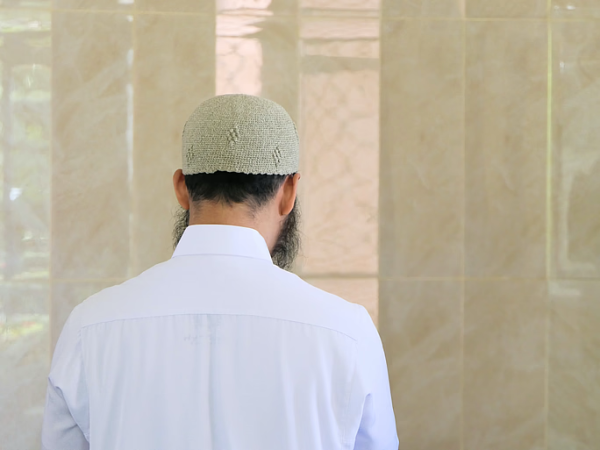
The speaker’s personal view on the conflict is that “this conflict is one-sided, and the way it is being interpreted and shown in the media, I would like people to see the statistics behind this conflict, how many casualties there are on both sides, the conditions they are living in, and how they are being treated daily.”
In addition, the Muslim Student Association (MSA) Club officer encouraged a more balanced view by urging others to consider the one-sided nature of the conflict as depicted in the media and to understand the daily realities and conditions faced by those involved. They also highlight the historically influential role of the United States in the region, noting its significant support for Israel and the potential biases this may introduce into mainstream narratives.
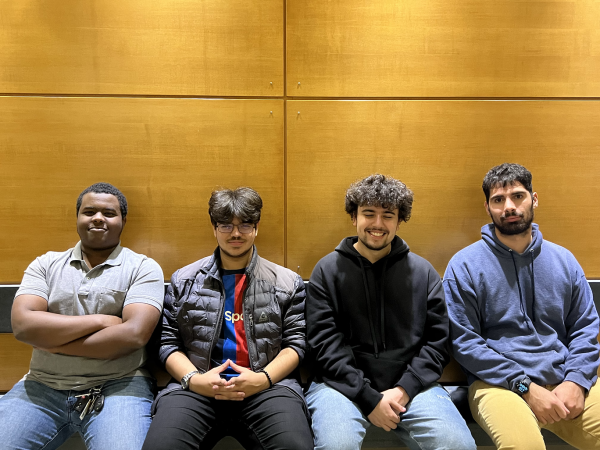
The students point out a general need for more awareness about the conflict’s history, particularly in the United States, and the tendency to form opinions based on one-sided narratives without exploring the other side of the story. For example, one student for the Muslim Student Association (MSA) remarked: “Social media on this topic is powerful. It provides access to multiple points of view. No source will be unbiased, but a student needs to look at all sides and decide.” This shows how powerful the media can be when it is provided with more than one perspective.”
They suggest looking beyond mainstream media and United States or European sources to gain a more comprehensive and less biased understanding of the conflict. Personal stories from the students, such as family displacement and the destruction of homes in Gaza, bring a human dimension to the issue, illustrating the real and tragic consequences of the conflict.
Jewish Students’ Comments on the Conflict
In addition to Muslim and Christian student voices, Jewish students at Montgomery College contribute to the campus dialogue with perspectives deeply rooted in historical consciousness and contemporary realities. Their views, expressed anonymously to focus on content rather than individuals, reflect a spectrum of thought as diverse as the student body.
For many Jewish students, the conflict stirs a complex mix of emotions, intertwining their sense of cultural and religious identity with the geopolitical intricacies of the region. One student shared, “As a Jewish student from the Jewish Student Union (JSU), I feel deeply connected to Israel, both culturally and spiritually. Seeing the conflict unfold is painful, not just because of my ties to Israel but also because of the suffering it causes on all sides. It is crucial to acknowledge that while Israel has the right to defend itself, we also need a path towards peace that respects the dignity of both Israelis and Palestinians.”
These students empathize with the suffering experienced by all affected populations, including the Palestinian people, while also highlighting Israel’s right to defend itself against attacks. “The history of Israel is often misunderstood or oversimplified. It is not just about the conflict; it is about a people’s right to self-determination and facing existential threats,” another student added.
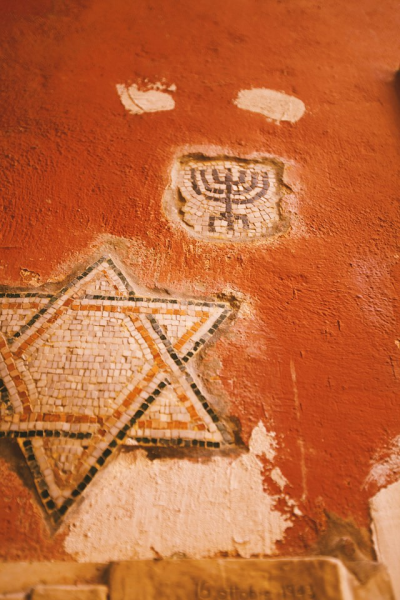
At the same time, Jewish students on campus advocate for a balanced narrative that accounts for the historical context of the Jewish state, the existential threats it has faced, and the democratic values it upholds. “In our discussions about the Israel-Hamas situation, it is important to remember that this is not a black-and-white issue. There are historical complexities and modern realities that we must consider,” noted an officer from the Jewish Student Union (JSU) who wishes to remain anonymous.
They express concern over the rise of antisemitic incidents globally and the importance of distinguishing between legitimate criticism of Israeli policies and rhetoric that veers into antisemitism. “The rise in antisemitic incidents globally is alarming, and it is something we, as Jewish students, are acutely aware of. Critiquing Israel’s policies is valid, but it is essential to recognize when criticism becomes a mask for antisemitism,” expressed another student.
These students call for the college administration to foster an informative and inclusive campus environment where dialogue is encouraged and diverse viewpoints are treated with respect and consideration. “We are advocating for more educational programs and open discussions on campus about the Israel-Hamas conflict so that more students are aware of the issue that affects so many of us both on and off campus.” the Jewish Student Union (JSU) Club officer noted.
Montgomery College Israel-Hamas Crisis Forum:
In addition, the broader debate on the Israel-Hamas crisis on college campuses also contributed to students complaining to the administration about the lack of action taken by the College to foster a culture of open dialogue and understanding.
The Montgomery College (MC) Student Government Association (SGA) and the Office of Student Life, both based on the Rockville Campus, took a step toward fostering a culture of open dialogue and understanding by hosting the first student-only forum on the Israel-Hamas conflict on October 25, 2023. It provided a valuable opportunity for students to engage in a meaningful discussion about this complex and sensitive global issue with college administrators.
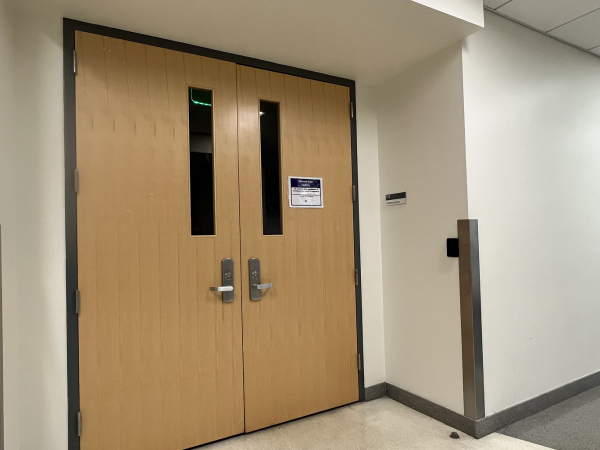
The forum was designed to be an inclusive platform where students could share their perspectives, learn from each other, and respectfully exchange ideas. It focused on the various dimensions of the Israel-Hamas conflict, encompassing historical, cultural, religious, and geopolitical aspects. A significant aspect of the forum was its emphasis on respectful dialogue and empathy. Students were encouraged to listen actively and consider viewpoints different from their own, fostering a campus environment where diverse opinions could be shared openly and safely.
The event also included segments where students could ask questions and seek clarifications, making it an interactive and educative experience. This format helped demystify aspects of the conflict and allowed for a deeper understanding of its complexities.
The first student-only forum at Montgomery College represented an essential step in facilitating discussion on the Israel-Hamas conflict. This initiative highlighted the College’s effort to provide a platform for students to engage with global issues in a thoughtful and empathetic manner, contributing to their development as informed and responsible global citizens.


